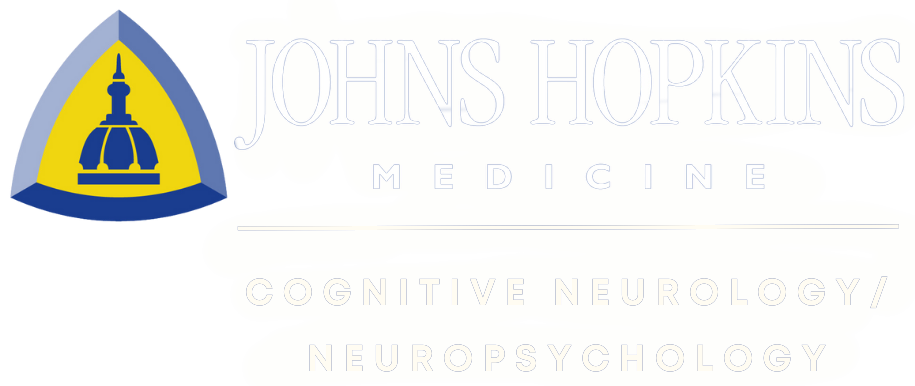THE DIVISION OF COGNITIVE NEUROLOGY/NEUROPSYCHOLOGY
Department of Neurology
The mission of the Division is to find ways to improve the functions of the mind and the brain, focusing on aspects of speech, language (including the conceptual abilities required for thought), and learning and memory. The Division has investigated the mechanisms involved in speech acquisition and word production as well as advanced an understanding of executive disorders and explicit and implicit ways of teaching and guiding behaviors.
The Division manages a full-time educational program for a nonverbal individual with low-functioning autism—the program has been expanded to include other individuals with autism and related conditions. The program focuses on communication, cognitive control, and associated issues facing individuals with autism as well as activities that foster social interaction.
The methods used to investigate the conditions and individuals include neuropsychological assessment (both clinical and research), specialized behavioral tasks, pupillometry, eye-movement recording, event-related potential measures, and computational modeling. The program includes a diverse, multidisciplinary team of speech and language professionals, educators, and research and clinical psychologists, library researchers, and a behavioral neurologist/cognitive neuroscientist. The Division’s work has been funded by individuals and their families and by groups ranging from the U.S. federal government (National Institutes of Health and Department of Defense) to private foundations.
The Division was founded in 1982 to offer a clinical service to diagnose and manage behavioral neurology problems and to conduct research to better understand and possibly treat such conditions as language (aphasia) and memory disorders. Known as The Memory Clinic, the Division offered both consultative and neurologic primary care services before it became part of the first Alzheimer’s Disease Research Center at Hopkins, conducting clinical drug trials to treat early, mild Alzheimer’s disease. In 1996, the Division began research initiatives to enhance speech perception, communication, and language production in individuals with autism. The current structure was established in 2000, when Dr. Gordon received an Endowed Chair in Therapeutic Cognitive Neuroscience, and a substantial gift established a Therapeutic Cognitive Neuroscience Fund.
| CAREER OPPORTUNITIES |
| If you are interested in pursuing a position with the Division, click here |
| OF NOTE |
| Barry Gordon appears on NPR’s “The Diane Rehm Show” in a discussion on autism (click here) A Scientist’s Saga: Give Son the Gift of speech (click here) |
